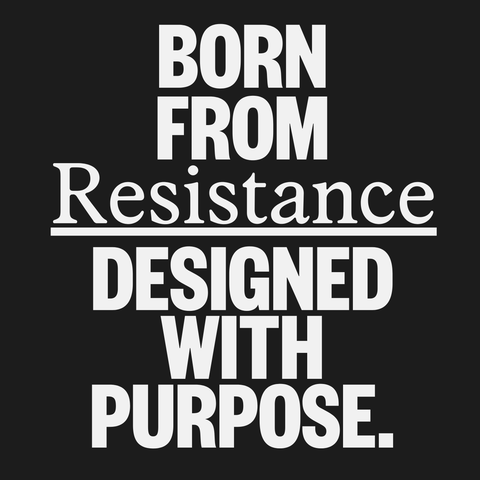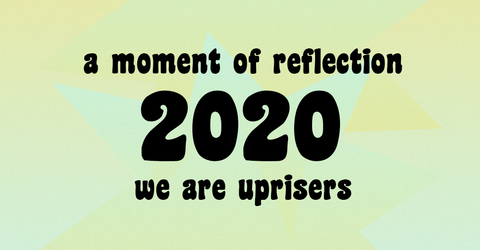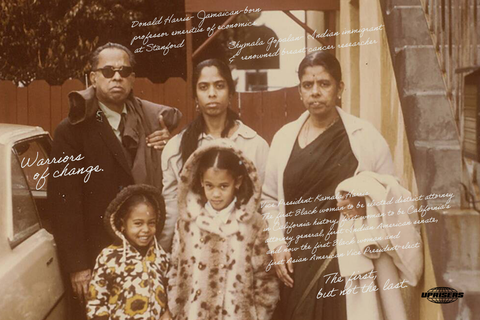DAVID YI TALKS INCLUSIVITY, REPRESENTATION AND REDEFINING MEN’S BEAUTY
The fearless and unabashed founder + editor opens up about how to be your bold self and not give a sh*t about what others think– it’s your story to be told.
Could you tell us a little bit about your upbringing/ background?
Yeah. So I'm from Colorado. I grew up in a predominately white city called Colorado Springs, Colorado. And then I went to school for journalism in Los Angeles. I went to USC Annenberg. After I moved to New York, where I was an entertainment journalist at first, then I switched over to fashion shows, fashion editor, and now I'm a beauty editor. We found our Very Good Light, which is the men's and masculine identifying beauty platform for Gen Z. It's all about uplifting stories and really centering diversity, equity and inclusion and a platform for advocacy and change.
When would you say was a defining/ memorable moment or age for you as an activist for diversity?
When I was 15, I created a club called International Diversity Council and I got in front of the stage with everyone and did the speech. I wrote the speech about why diversity matters, why we matter, why stories matter, why white people need to understand. I had no friends. I ate my lunch alone in my Jeep Cherokee listening to Amerie, who is the only Korean artist I heard on the radio. I thought this was just temporary. I don't need to be popular in school. Why do I need to be popular with these white people? Being weird and being a freak pays off because that means that you're an individual. That means that you're making your own path and you're a trailblazer in your own right.
When you applied to go to school for journalism, did you know the beauty and fashion industry were avenues you were going to pursue?
What inspired you to go from working in the New York City fashion week industry to starting your own company?
Well, I feel as if I was never seen or heard in the beauty industry and someone like me, who's Korean-American, I never saw any website centered around my story and our stories as Asian-Americans. And so that was an impetus for one. But two, I was really inspired by an article I did at Mashable– when I launched Fashion and Beauty there– about 11 trans teens who came out to the world for the first time. To me it was transformative not only because they're coming up to the world at such a young age, but I have this experience to get to know this community that perhaps I didn't really know about– this was back in 2014, 2015. I thought I want to do this all the time. I want to use my journalistic skills and the little skills that I have to promote change and to write about stories not in mass culture. I think the universe pushed me off a cliff and was like: you're going to do Very Good Light and it's going to be a platform all about redefining masculinity. We were very validated when we launched in 2016, in October, when The New York Times did a full page spread article on me in the style section. To me it was just the biggest moment that I won't ever forget. It was a transformative moment when I felt like things were really real and maybe perhaps I could make it in this industry.
As someone with an extensive resume and experience in the industry as you, what is the importance of inclusivity and representation and why emphasize it?
I think that representation is everything. When you lack representation and you don't see yourself in movies or film or media, you feel invisible. I think as an Asian-American or Korean-American, I've always been told that it's not your turn, you're a perpetual foreigner, you don't belong, and you don't exist because we don't see you out there. I've always been a vocal advocate and an activist for all people, specifically for Asian-Americans, because of our collective pain and our journey here in this country where we're told that we don't belong. The reason that I got into journalism was about trying to spark change and trying to force people to understand that we matter and that our stories are created– the collective American diaspora– is equally as important as everyone else's stories. I want to ensure that everyone's stories are being uplifted. Being an advocate and activist isn't about being the voice for people. You want to empower others so much that they're uplifted to tell their own stories.

Most rewarding parts of running Very Good Light?
Sure, the press is validating from our peers, but what's most validating is getting DM's from people or getting comments from folks who said: “hey, I feel seen and I feel heard for the first time. I feel like there is a community and I don't feel like such a pariah.”
Where does your self-awareness and confidence– especially in your Korean culture– come from?
Basically, we need to embrace diversity, we need to embrace inclusiveness. It comes from this inner pain that I had with always feeling as if I wasn't special or seen or heard because of my culture. I was so proud to be Korean– we’re resilient. I knew that I wasn't white. I never wanted to be white. I was never going to be accepted by the whites. And so why would I try hard to change who I was. I love who I was. I love being Korean. I am one hundred percent through and through South Korean. I'm always rooting for the underdog. I'm always trying to fight for those who don't feel as if they can fight so that they can tell their own stories and have their own space.
Moving forward, what do you envision for Very Good Light?
Well, we have our first book coming out in June. It's called Pretty Boys A History of Men, Makeup and Masculinity from the Beginning of Time to Now. Now proving that makeup and cosmetics or skin care has never been gendered, doesn't have a sexuality, doesn't have a gender identity. It goes from fifty thousand years ago our Neanderthal forefathers who used highlighter or foundation to our seventh century Hwarang Korean warriors, who were these beauty boys assassins, and now to beauty boys of today. We're launching a beauty brand in March called Good Night Beauty, and that's to promote beauty beyond the binary. I'm also working on three shows. I'm headed to Hollywood, because I'm going to produce and make them. I also think about the younger David and I'm like would 15 year old David be satisfied with who David is in his 30's?
We’ve witnessed Kamala Harris break glass ceilings as the first woman and woman of color to be Vice President-elect, how important is it to have more POC fill higher positions and what it means for our society?
I think it's essential that America has a reckoning of its own nefarious and dark history. We as people of color take our rightful place in this country. We're the ones who created America. America was built on the backs of us. We need to understand that it's a day of reckoning. It's a day that we take our rightful places: America is only going to become great when we are in control. This new era is about us and we need to center us going into the new decade.
For anyone who is in a space where they don’t feel seen or heard, what would your message to them be?
I would say if you feel invisible, if you don't feel seen, make some noise, make yourself known, make others pay attention to you. We just need to understand that we own our own power, we own our own destiny, and we can be whatever we want to be.









